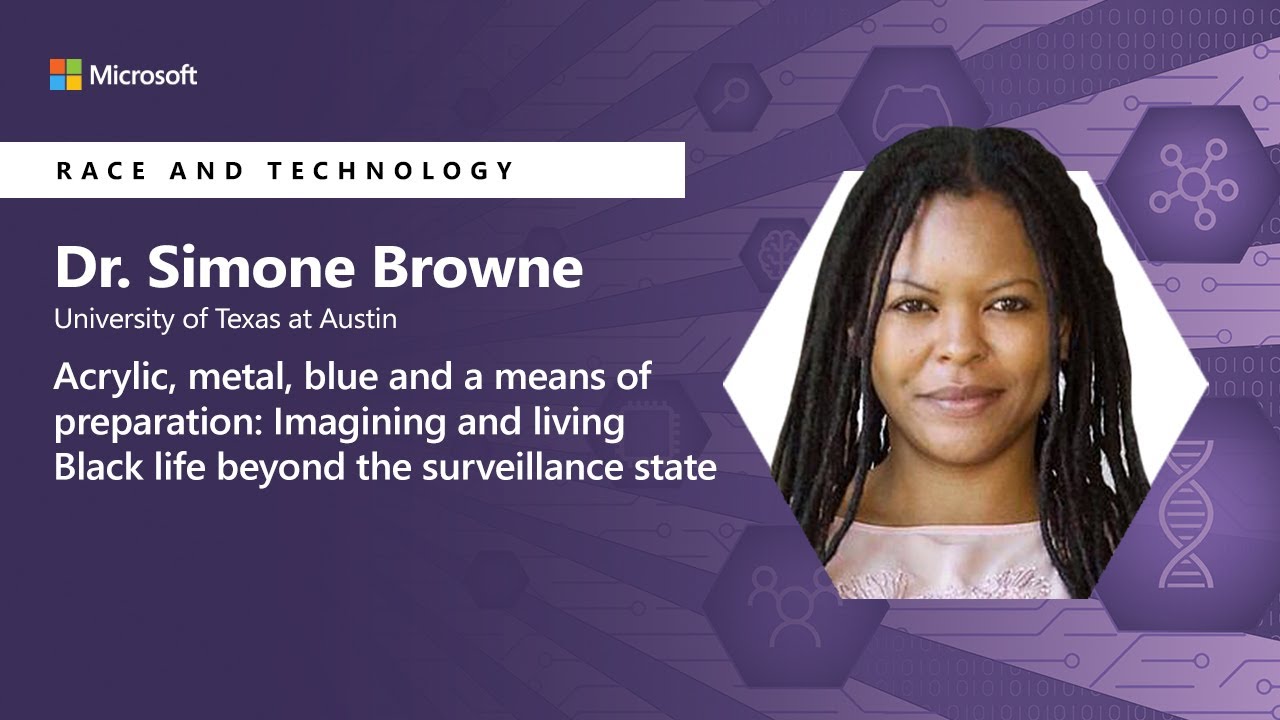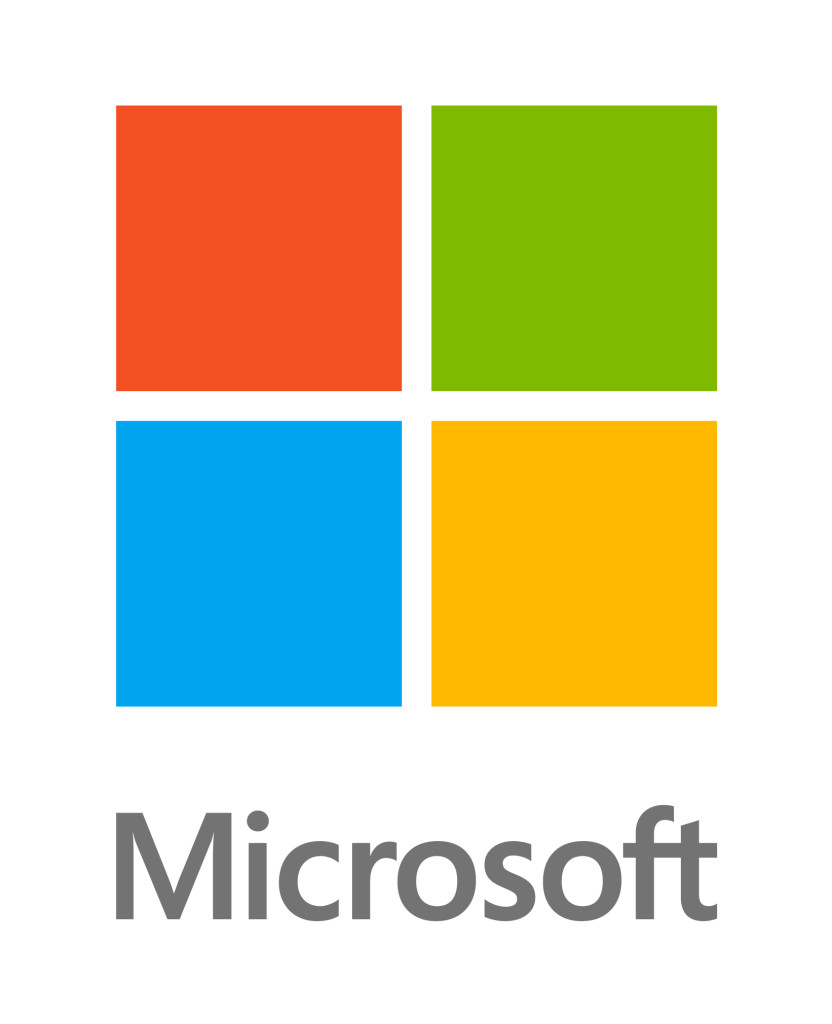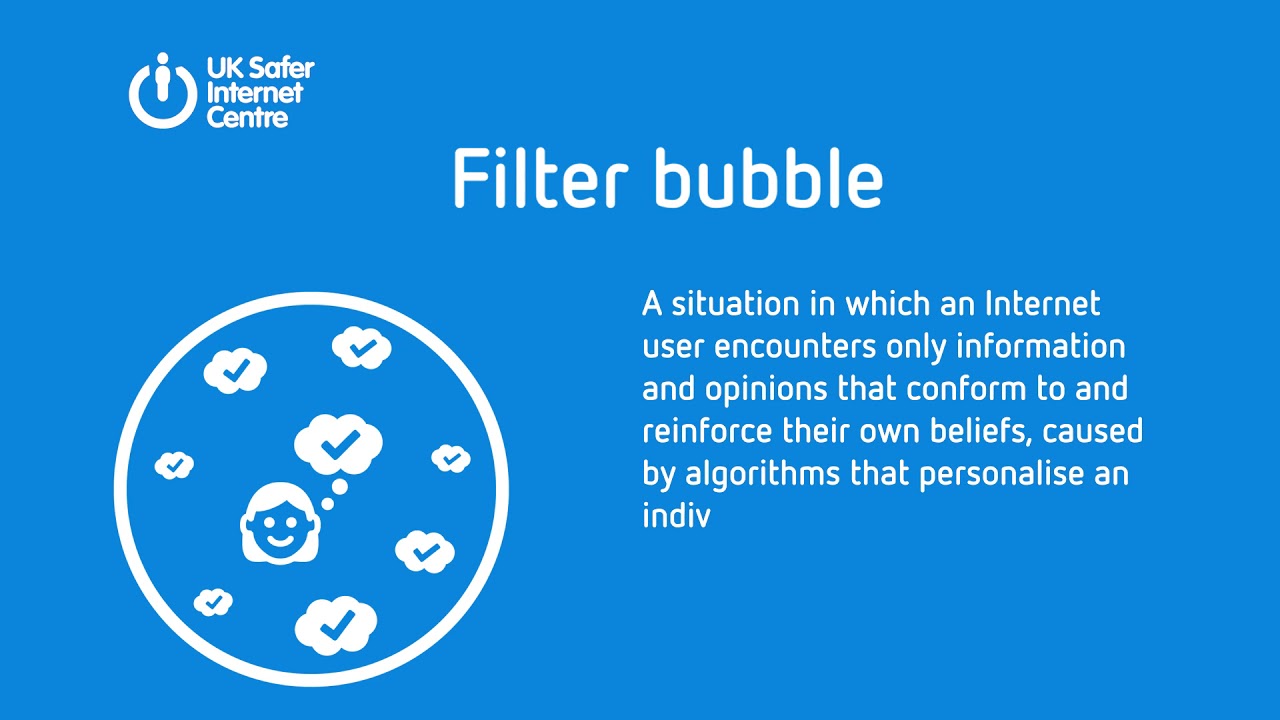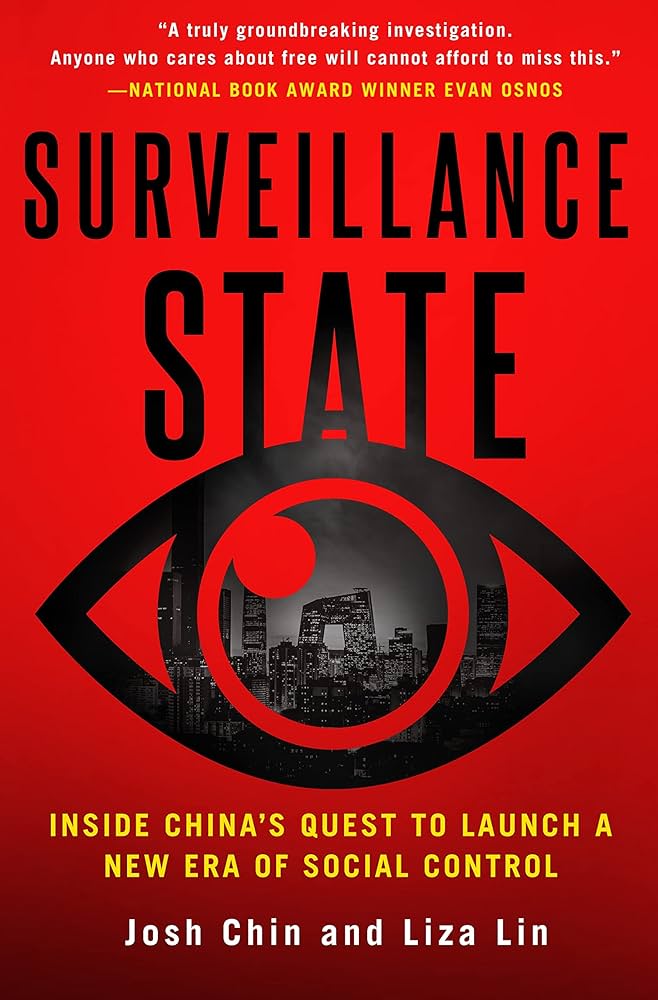
The Dark Side of Personalization: How Microsoft’s Data Collection Affects Your Online Experience
As I sat in front of my computer, scrolling through my favorite news website, I couldn’t help but feel a sense of unease. Every article seemed to be tailored to my interests, every advertisement seemed to know exactly what I was looking for. It was as if the website had a sixth sense, knowing exactly what I wanted to see before I even knew myself.
But as I delved deeper into the world of online personalization, I began to realize the true cost of this convenience. Microsoft, one of the largest tech companies in the world, has been collecting data on its users for years. From browsing history to search queries, every move you make online is being tracked and stored.
 The Microsoft logo, a symbol of convenience and innovation, but also of data collection and surveillance.
The Microsoft logo, a symbol of convenience and innovation, but also of data collection and surveillance.
But what does this mean for our online experience? On the surface, personalization seems like a great idea. Who wouldn’t want to see articles and advertisements that are tailored to their interests? But as I dug deeper, I began to realize the darker side of personalization.
For one, it creates a bubble effect. When we’re only shown content that we’re interested in, we’re not exposed to new ideas or perspectives. We’re stuck in our own little world, never challenging our own beliefs or assumptions.
 The filter bubble, a concept coined by Eli Pariser, describes the way in which our online experiences are tailored to our interests, creating a bubble that prevents us from seeing new ideas or perspectives.
The filter bubble, a concept coined by Eli Pariser, describes the way in which our online experiences are tailored to our interests, creating a bubble that prevents us from seeing new ideas or perspectives.
But that’s not all. Personalization also creates a sense of surveillance. When we know that our every move is being tracked and stored, we begin to feel like we’re being watched. It’s a feeling that’s hard to shake, and it’s one that can have serious consequences for our mental health.
 The surveillance state, a concept that describes the way in which our online activities are tracked and monitored, creating a sense of unease and mistrust.
The surveillance state, a concept that describes the way in which our online activities are tracked and monitored, creating a sense of unease and mistrust.
So what can we do about it? For one, we can start by being more mindful of our online activities. We can use tools like ad blockers and VPNs to protect our data, and we can be more careful about what we share online.
A VPN, or virtual private network, is a tool that allows us to browse the internet anonymously, protecting our data from prying eyes.
But we also need to hold companies like Microsoft accountable. We need to demand that they be more transparent about their data collection practices, and that they give us more control over our own data.
The Microsoft headquarters, a symbol of innovation and progress, but also of data collection and surveillance.
In conclusion, personalization may seem like a convenient and innovative feature, but it has a dark side. It creates a bubble effect, a sense of surveillance, and a lack of control over our own data. As we move forward in this digital age, it’s up to us to be more mindful of our online activities, and to demand that companies like Microsoft be more transparent and accountable.
The Future of Personalization
As we look to the future, it’s clear that personalization is here to stay. But it’s up to us to ensure that it’s used in a way that benefits us, not just companies like Microsoft.
The future of personalization, a concept that describes the way in which our online experiences will be tailored to our interests, but also raises questions about surveillance and control.
We need to demand more transparency and accountability from companies like Microsoft, and we need to be more mindful of our own online activities. Only then can we ensure that personalization is used in a way that benefits us all.
Conclusion
In conclusion, personalization is a complex issue that raises questions about surveillance, control, and transparency. While it may seem like a convenient and innovative feature, it has a dark side that we need to be aware of.
The conclusion, a final thought on the issue of personalization and its implications for our online experiences.
As we move forward in this digital age, it’s up to us to be more mindful of our online activities, and to demand that companies like Microsoft be more transparent and accountable. Only then can we ensure that personalization is used in a way that benefits us all.














